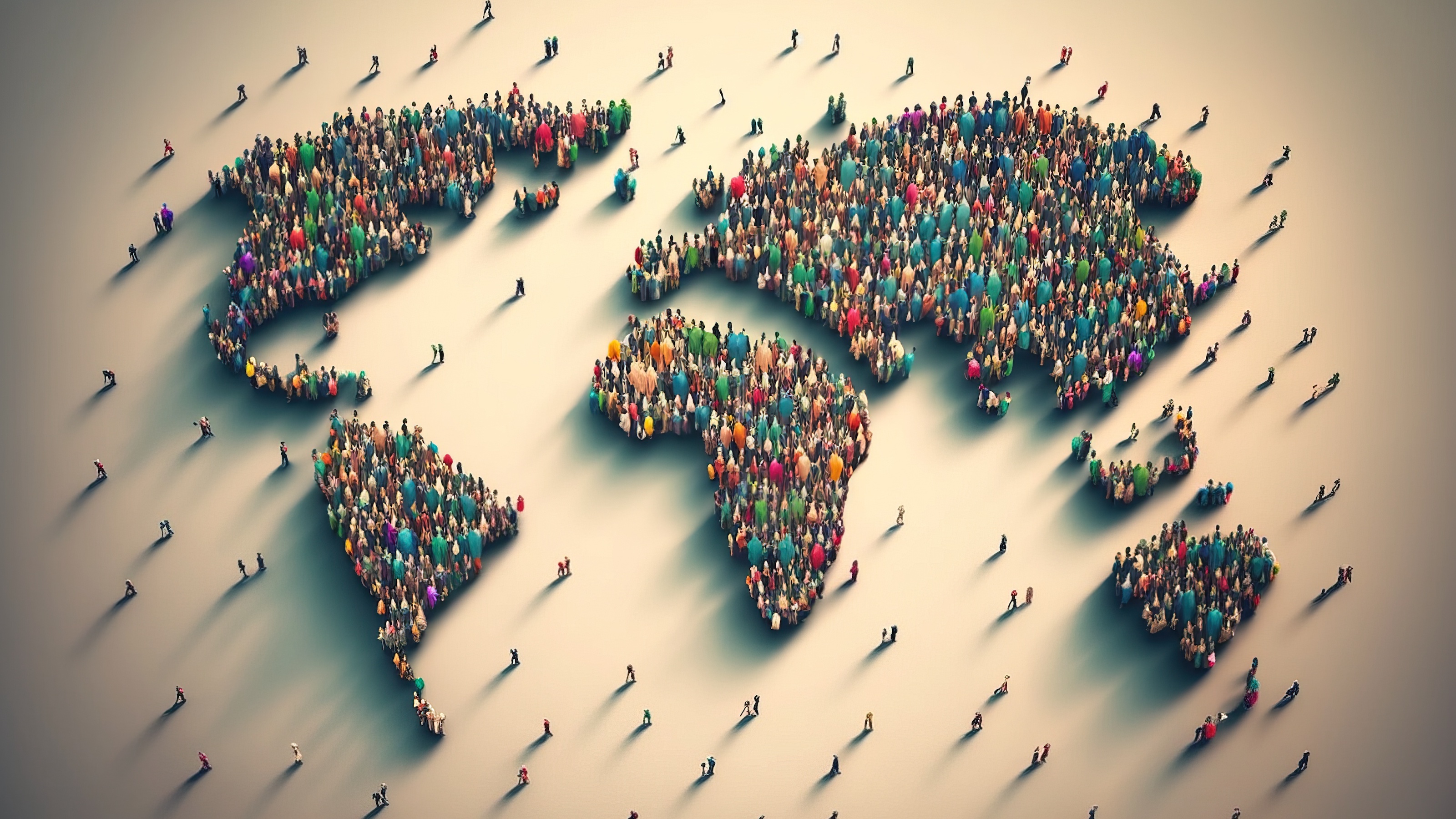ANAND GIRIDHARADAS: Corporate social responsibility or CSR is everywhere—and which company now doesn't have CSR? All the major banks that screwed America in the financial crisis, and the world, that sold out our economy and tried to make a killing selling toxic mortgage products and didn't come clean to the American people or regulators about what was going on, paid billions of dollars in fines for fraud. Almost all those banks, like most American companies, have CSR departments and they'll go and they'll do some, you know, they'll have shovels, they'll do something with shovels. They'll do something with some poor country. They'll go to some community and they'll even teach like a financial literacy class, like, "Don't fall prey to financial fraud—of the kind that we perpetrated." This whole idea that you can sell kids poisonous drinks that give them diabetes while making a playground; that you can build the Dakota pipeline or invest in the Dakota pipeline while sponsoring a climate change gathering with your CSR; that you can push for a health care system that only gives people benefits if they work 30 hours a week, thus tempting many employers to only employ people 29 hours a week and then say you're in the business of empowering workers or being the best first job in America or whatever.
The reality is, many, many companies are trying to fight on both sides of a war. In their main operation, in their lobbying activities, they are pushing for an America that is merciless. And then, understanding the need to brand themselves, understanding the need to soothe a little bit of the public anger in this age of rage, they give a little back. They throw some scraps at us. And what is so sad is that all too often it works.
"Conscious capitalism." That's a good one. Again it's this idea that we can make capitalism more conscious, more humane, simply by wishing it were so. Whereas, in fact, the problem with our brand of market capitalism in American in 2018 is that it's a capitalism purely driven by the needs of shareholders, and that investors needs have come to so predominate, that the needs of communities, the needs of workers, of employees of those companies and various other stakeholders are completely marginalized. And until we change that structure, simply calling for capitalism to be more conscious doesn't really work. I mean, conscious capitalism was supposed to describe Whole Foods, for example, until it got taken over by a private equity firm.
Then you get a word like innovation. We talk about innovation. Innovation is treated as its own good, just, "More innovation! Everybody's got to innovate!"
Well, innovation means make things new, and here's the problem: we've done a tremendous amount of innovation in America over the last generation. What we didn't get a lot of out of that innovation was progress, if progress is defined as 'most people's lives getting better'. In fact, in the era of innovation, we've also seen the odds of social mobility, of out-earning your parents, for example, fall from 90 percent to 50 percent. A crap shoot, right? So yes, great, we have a lot of new stuff, a lot of "new shit has come to light," as they said in that movie. But the reality is that hasn't gotten people paid more, that hasn't made people's lives more stable, that hasn't helped people afford housing, that hasn't helped people educate their kids better. So we've got a lot of innovation but it's not the same as progress, and progress is the more important of the two.
The private sector is useful for many, many things, and it will always be the lion's share of our economy. I'm happy—having been to countries where there are government-run airlines that are not very good, I'm happy that we have private air travel in this country. I think it's in general—I mean look, it's not the best but I'm happy to have that be something that's done privately. I'm very happy the government didn't make my iPhone!
I think we have a heritage in this country of private enterprise and private endeavor that is, at its best, creative, that builds things, that makes life better for people. And none of what I argue is to suggest that that should go away. What I argue is that our private enterprise at its best has always sat on a foundation of certain institutions that we share in common. It's hard to imagine building a company like Apple without thinking about public schools in America. All the Apple employees who went to them, all the people who went to them and invented technologies that were used in what Apple builds, all the people who were educated by teachers who themselves went to public school, whether or not those people went to public school. It is hard to think about any worthy private thing in American life that has been built without a heavy reliance on the institutions we share in common.
And so we owe a responsibility to tend to that garden and to make sure that those things are healthy. And in recent years that relationship has simply got out of whack. Private endeavor has continued, flourished—profits are soaring, innovation is soaring, but it has stopped working for most people. And I say in the book: a successful society is a progress machine. Into one side goes the inputs of innovation and fortuitous developments, and on the other side comes out shared progress. And that machine is just broken down. And we just need to fix that machine so that when good things happen to us people's lives get better. It's that simple.






